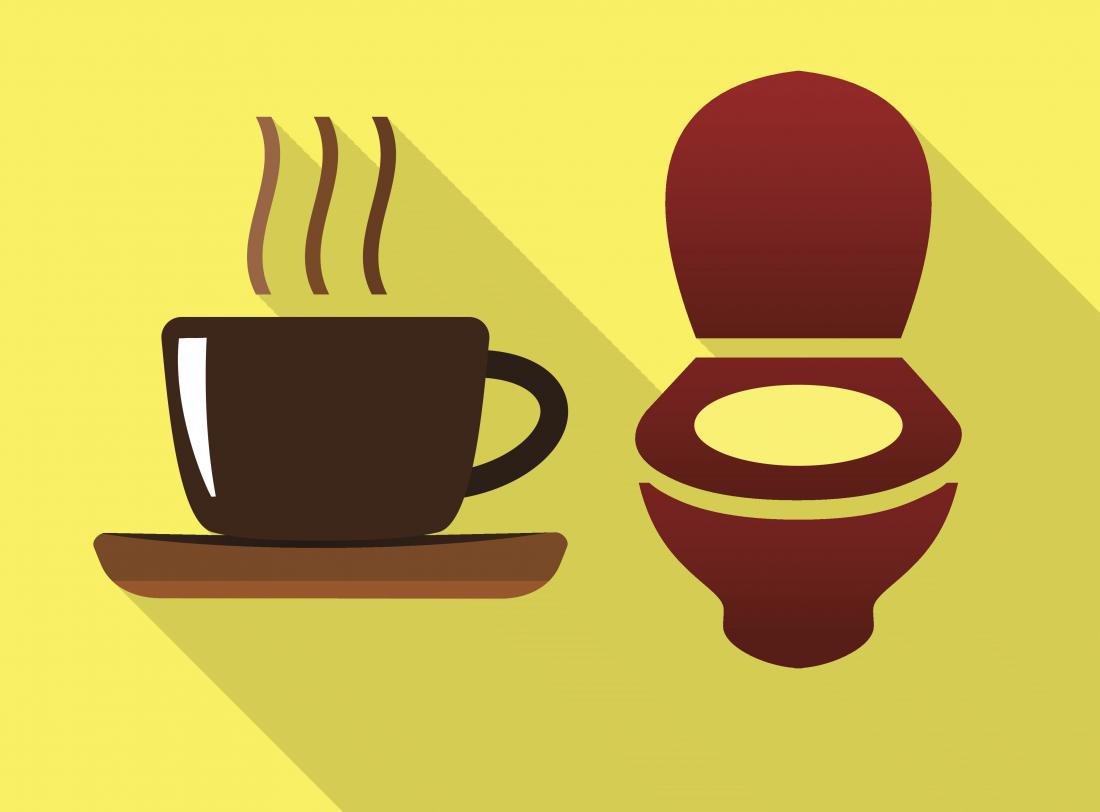Why Your Pee Smells Like Coffee: Causes, Concerns, and Solutions

Key points
- The smell persists for days even when you haven't had any coffee.
- Pain or a burning sensation during urination.
- Cloudy or dark-colored urine.
- Pain in your lower back, side, or abdomen.
- An increased urgency or frequency of urination.
- Fever, chills, nausea, or vomiting.
Noticing that your urine smells like your morning cup of joe can be a strange and slightly alarming experience. While it's an unusual scent to detect in the bathroom, it's a surprisingly common phenomenon. In most cases, it’s a harmless and temporary side effect of your diet and hydration levels. However, it can occasionally signal an underlying issue that needs attention.
This comprehensive guide synthesizes medical insights, scientific explanations, and expert opinions to explain why your pee might smell like coffee, when you should be concerned, and what you can do about it.
The Primary Reasons Your Urine Smells Like Coffee
For the vast majority of people, the explanation is straightforward and directly related to their coffee consumption. Two main factors are at play: chemical byproducts and hydration status.
1. Your Body is Processing the Coffee
Coffee is a complex beverage containing over 1,000 chemical compounds. The most significant contributors to its distinct aroma are antioxidants called polyphenols, specifically hydroxycinnamic acids. When you drink coffee, your digestive system absorbs and utilizes these compounds.
As your body breaks them down, it creates waste products called metabolites. These metabolites are filtered from your blood by your kidneys and then excreted in your urine. If you've consumed a fair amount of coffee, these aromatic metabolites can be concentrated enough to make your urine smell just like the beverage you drank.
As Dr. Sameer Islam, a Texas-based gastroenterologist, explained to Men's Health, "Basically, it is because you are urinating coffee... If you drink too much of anything, coffee included, you will pee it out."
 Image Source: Medical News Today
Image Source: Medical News Today
2. Dehydration is Making the Smell Stronger
Coffee contains caffeine, which is a known diuretic. This means it encourages your kidneys to produce more urine, causing you to visit the bathroom more frequently. If you're drinking a lot of coffee without compensating with enough water, you can become dehydrated.
When you're dehydrated, your urine becomes more concentrated. There is less water to dilute the waste products, including those coffee metabolites. This higher concentration makes any odor—including the smell of coffee—much more noticeable.
When to Be Concerned and See a Doctor
While coffee-scented urine is typically harmless, it shouldn't be ignored if it's accompanied by other symptoms. The smell itself is usually just a sign that you've had a bit too much caffeine or not enough water.
Pay attention to these warning signs and consult a healthcare professional if you experience them:
- The smell persists for days even when you haven't had any coffee.
- Pain or a burning sensation during urination.
- Cloudy or dark-colored urine.
- Pain in your lower back, side, or abdomen.
- An increased urgency or frequency of urination.
- Fever, chills, nausea, or vomiting.
Additionally, drinking excessive amounts of caffeine can lead to other symptoms. According to Healthline, signs of too much caffeine include restlessness, anxiety, headaches, and a rapid heart rate. A severe caffeine overdose is rare but can cause serious symptoms like chest pain, confusion, vomiting, or convulsions, which require immediate medical attention.
What if You Haven't Had Coffee? Other Causes of a Coffee-Like Smell
If your urine smells like coffee but you haven't been near a coffee pot, it's time to consider other possibilities. The odor could be caused by other dietary factors, an underlying medical condition, or even a distorted sense of smell.
Dietary and Lifestyle Factors
Several other foods and drinks can produce strong odors in urine that might be mistaken for coffee:
- Asparagus (produces a distinct sulfurous smell)
- Garlic and onions
- Leafy greens like kale
- Spicy foods
- Tea or alcohol
- Severe dehydration without coffee intake
Underlying Medical Conditions
Sometimes, an unusual urine odor can be your body's way of signaling a health problem. Conditions that can alter the smell of urine include:
- Urinary Tract Infections (UTIs): Bacteria in the urinary tract can produce a strong, foul, or ammonia-like smell.
- Uncontrolled Diabetes: High blood sugar can cause urine to have a sweet or fruity smell as the body tries to expel excess glucose and ketones.
- Liver or Kidney Disease: These conditions can impair the body's ability to filter waste, leading to darker, stronger-smelling urine.
- Rare Metabolic Disorders: A condition like Maple Syrup Urine Disease causes urine to smell very sweet, similar to burnt caramel.
 Image Source: Men's Health
Image Source: Men's Health
Distorted Sense of Smell (Parosmia)
In some cases, the issue may not be with your urine but with your nose. Parosmia is a condition where your sense of smell is distorted, making familiar things smell strange or unpleasant. This has been reported as a lingering symptom after viral infections like COVID-19. It's possible for parosmia to cause your brain to interpret the normal smell of urine as something else, like coffee.
Special Considerations for Pregnant Women
Pregnancy brings about numerous hormonal and physiological changes, and a change in urine odor is common. According to Medical News Today, pregnant women may notice a different urine smell due to:
- Increased Risk of UTIs: Pregnancy increases the likelihood of developing UTIs.
- Hormonal Changes: Rising levels of the hormone hCG in early pregnancy can alter urine's scent.
- Heightened Sense of Smell: Many women report a more sensitive nose during the first trimester, making them more aware of odors.
- Dehydration: Increased urination during pregnancy makes it easier to become dehydrated.
How to Prevent Your Pee from Smelling Like Coffee
If the coffee scent bothers you, the solution is usually simple and involves a few lifestyle adjustments.
- Reduce Coffee Intake: The most direct method is to drink less coffee. The U.S. Food and Drug Administration (FDA) recommends a limit of 400 milligrams of caffeine per day, which is about four cups of brewed coffee.
- Stay Hydrated: Increase your water intake, especially on days you drink coffee. This will dilute your urine and make any smells less noticeable.
- Consider Alternatives: Switching to green or black tea can be a good option. They contain less caffeine and don't have the same strong-smelling polyphenols as coffee.
- Does Decaf Help? Partially. Decaffeinated coffee still contains the polyphenols that cause the smell, so it can have a similar effect. However, since it lacks the diuretic effect of caffeine, you may not become as dehydrated, potentially lessening the odor's intensity.
In conclusion, having urine that smells like coffee is usually a benign sign that your body is processing your favorite morning beverage. By staying hydrated and moderating your intake, you can easily manage this peculiar side effect. However, always listen to your body—if the smell is persistent or accompanied by other concerning symptoms, don't hesitate to consult a healthcare professional.
References
- Gotter, A. (2017). Urine Smells Like Coffee: Causes, Treatment, and More. Healthline. https://www.healthline.com/health/urine-smells-like-coffee
- Huizen, J. (2018). Urine smells like coffee: Causes and treatments. Medical News Today. https://www.medicalnewstoday.com/articles/321494
- Islam, S. (2021). If Your Pee Smells Like Coffee, Don't Freak Out. Men's Health. https://www.menshealth.com/health/a36291232/why-does-pee-smell-like-coffee/
- Marie, E. (2024). What It Means When Your Pee Smells Like Coffee. Health Digest. https://www.healthdigest.com/1542989/what-it-means-pee-smells-like-coffee/

About the author
Carlos Ruiz, MD, FACS, is a board-certified urologist specializing in minimally invasive and robotic surgery for urologic cancers. He is a senior partner at a large urology group in Houston, Texas, and is involved in clinical trials for new prostate cancer treatments.